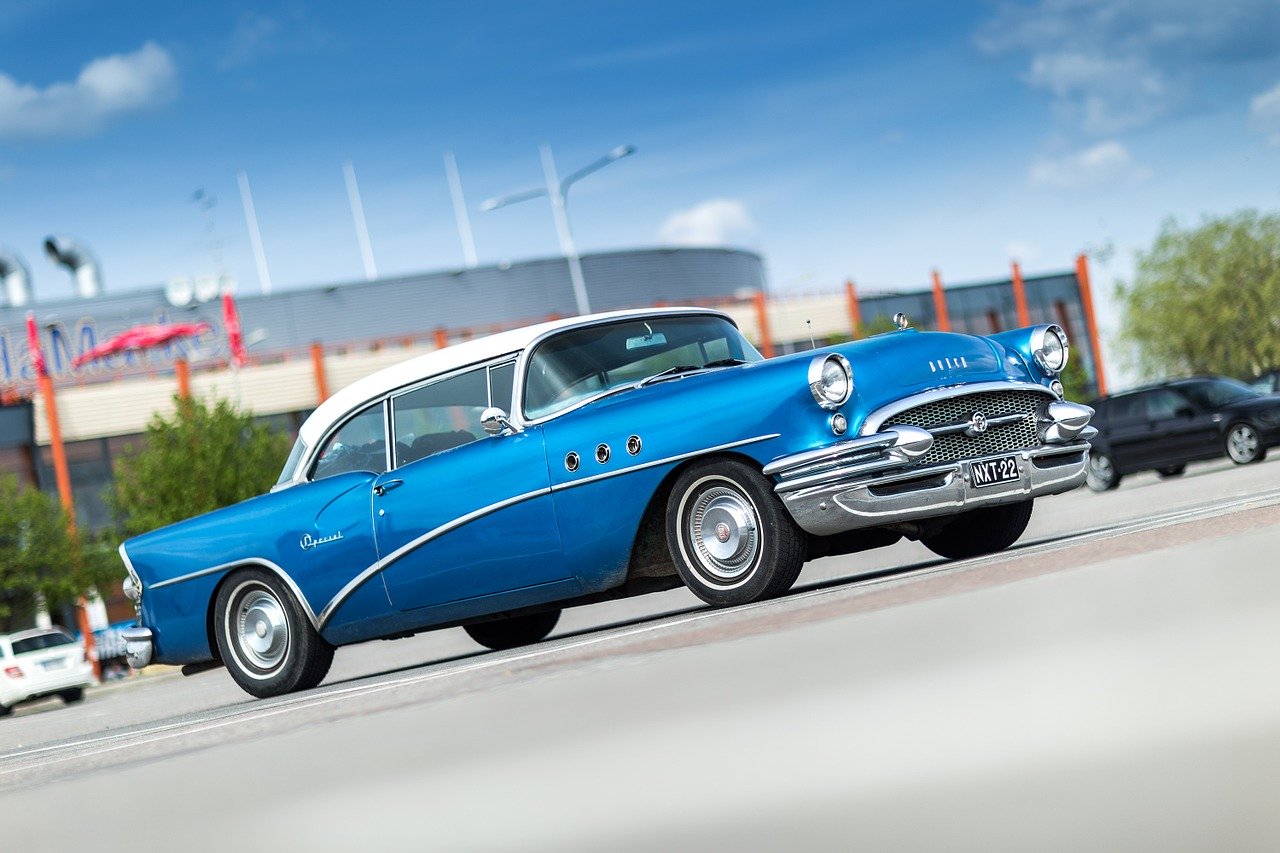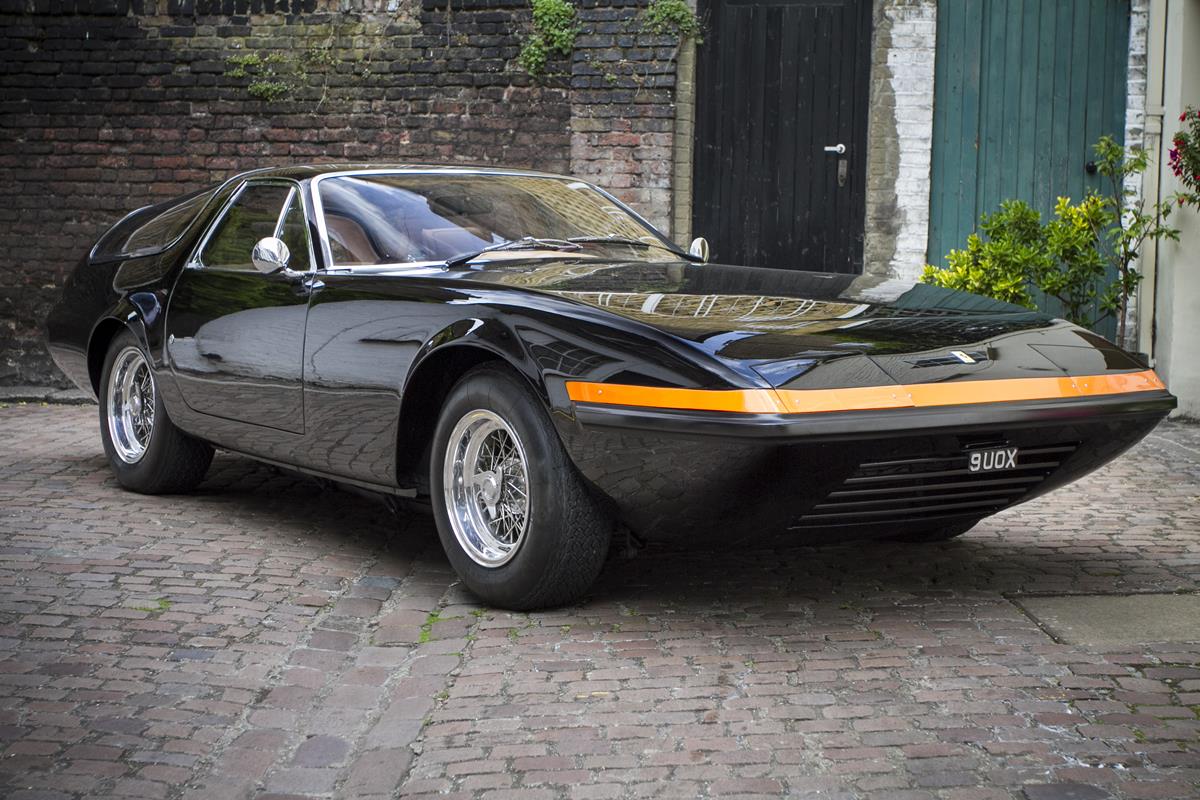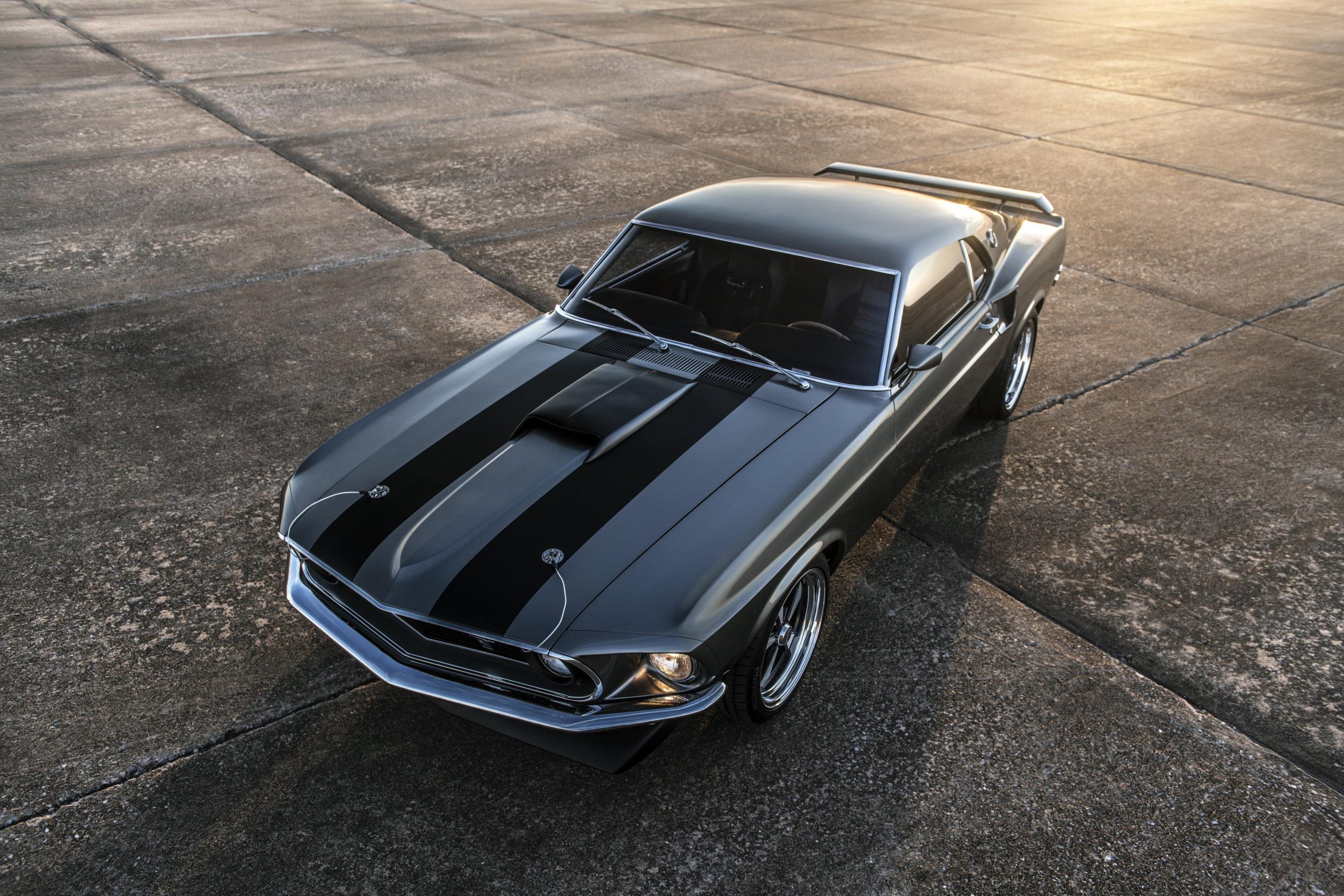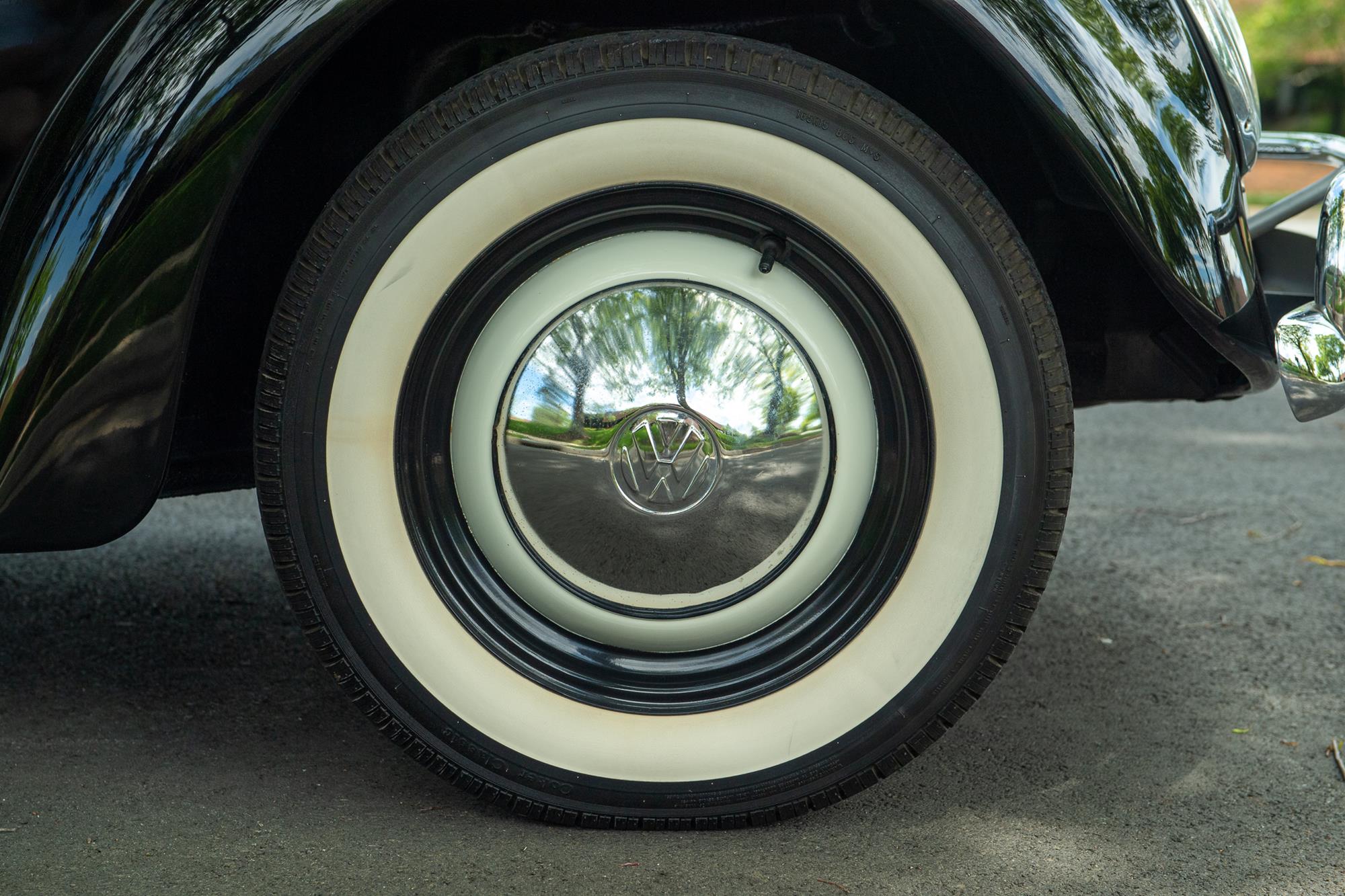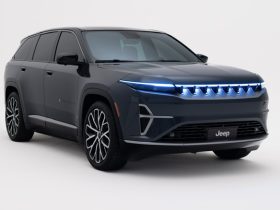Adding a classic car to your collection is something of a rite of passage for car enthusiasts. There’s nothing quite like climbing behind the wheel of a piece of automotive history, especially when you know it’s yours. If you’re considering adding a classic car to your collection, here are eight tips to help you make it an experience to remember:
1. Choose Your Seller Wisely
When you’re buying a classic car, you have three options — purchasing from an auction, dealership or private seller. Choose your seller wisely. Auctions can be cost-effective but won’t let you test-drive before you buy. Private sellers can be hit or miss — sometimes you’ll get your dream car, and sometimes you’ll get scammed. Dealerships are a safe option but tend to be more expensive than the other two. Figure out what works best for you.
2. Run From Rust
Unless you get lucky and find an affordable car that someone’s kept in their garage since they bought it new, there will always be a little rust on classic cars. That rust turns into a deal-breaker when it costs you more to repair than what the car is worth.
If you see a lot of rust — or it’s spread to the frame, which can compromise the car’s structural integrity in an accident — run away. Rust is not worth the hassle, and it might turn you away from ever buying a classic car again.
3. Stick to Your Budget
It’s easy to spend way more than you were anticipating when shopping for a classic car. Before you start looking around, set a budget and stick to it. Don’t put yourself in the position where you have to mortgage your home or sell a kidney just to buy your dream car.
4. Buy the Best You Can Afford
While you’re sticking to your budget, don’t be afraid to use every penny you’ve set aside to bring your dream car home. Buy the absolute best you can afford. It’ll save you a lot of money in the long run. The only exception to this rule is if you’re planning on buying a project car and have already budgeted for the funds you’ll be spending on repairs and replacement parts.
5. Have Somewhere to Park It
Don’t spend a ton of money on a classic car and then park it on the street. You’re just throwing away your cash if you do. Have a place ready to park your vehicle before you sign on the dotted line and bring it home. This point is especially important if you live somewhere prone to hurricanes and other severe weather. Park your new classic car in the garage and upgrade your garage door so it can withstand whatever Mother Nature throws at you.
6. Know What You Want to Do
What are you planning to do with your new classic car? Are you making it a project and rebuilding it from the ground up? Are you going to turn it into a show car? Or maybe you’re planning to use it as your daily driver or for your next road trip?
The point here is to know what you’re going to do with your classic car before you buy it. The model you choose for daily use will be dramatically different from the one you turn into a show car.
7. Don’t Expect to Make Money
Inexperienced car buyers often target antique or classic models as a way to make money — you buy the car, flip it and sell it for a profit. Unless you’re incredibly skilled or lucky, don’t expect to make money buying classic cars. Buy your car for the love of it, not to refurbish and sell it.
8. Be Patient
They say patience is a virtue. When you’re shopping for a classic car, restraint can save you a lot of time, money and heartache. Don’t rush into buying the first vehicle that crosses your path. Do your research and wait for the perfect car to come into your life.
Enjoy Your New Ride
Congratulations, you’ve bought your first classic car. Now all that’s left to do is sit back and enjoy the ride.


